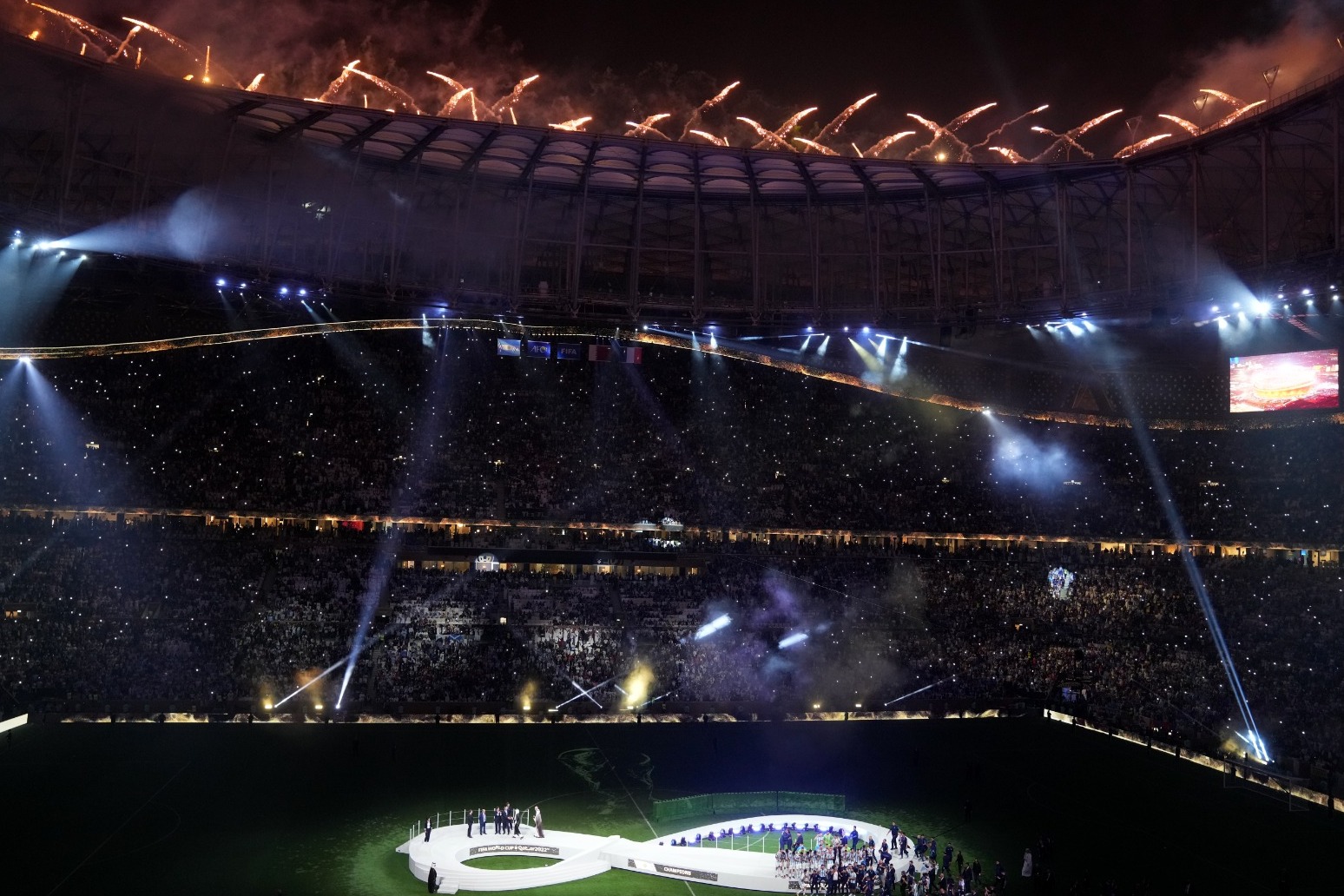
UN expert calls for probe into deaths of Bangladeshi World Cup migrant worker
Its thought that over 450 Bangladeshi workers involved in construction projects in Qatar, including stadiums used for the World Cup, have died
The countries where Bangladeshi migrant workers are employed, including former World Cup host Qatar, should thoroughly investigate all cases of deaths and human rights violations, a United Nations (UN) expert has said.
At least 450 Bangladeshi workers involved in construction projects in Qatar, including stadiums used for the World Cup, are said to have died.
UN special rapporteur for the human rights of migrants, Felipe Gonzalez Morales, said the destination country should deal with any deaths to uphold the rights of workers.
As a general matter, he said, the destination countries for Bangladeshis “should investigate and prevent, investigate and sanction all the human rights violations, particularly deaths that have occurred in many cases”.
Separately, Bangladesh’s high court on Monday asked the government to provide a list of the 450 Bangladeshi workers who reportedly died in Qatar between 2010 and 2022 while they were engaged in building infrastructure, including stadiums.
The high court ruled in response to a petition that the ministries of Foreign Affairs and Expatriates’ Welfare must submit a report within four weeks about the dead workers and whether their families have been compensated.
The petition said the workers who died were treated “inhumanely” in Qatar and sought the court’s intervention.
Mr Morales said he had met with some people during his visit to Bangladesh whose relatives had died abroad.
“It’s not entirely clear in each and every case how the deaths occurred. So it’s indispensable that the countries of destination conduct thorough investigations of the killings or the deaths,” he said, speaking in Bangladesh’s capital, Dhaka.
Mr Morales also recommended that Bangladesh do more to ensure the rights of its migrant workers.
More than 10 million Bangladeshis live abroad, most of them employed in Middle Eastern nations including Saudi Arabia.
Mr Morales said he also visited refugee camps in Bangladesh’s Cox’s Bazar district which house more than a million minority Rohingya who fled from persecution in neighboring Myanmar.
“It’s true that there are security concerns. I think it is a tremendous challenge to address the situation of almost one million people living in those overcrowded conditions. And it’s very important to enhance the coordination between the U.N. agencies and the government in this regard,” he said.
He said the situation could improve if the refugees receive training.
“I think it’s very important to have advances in terms of having different type of initiatives for the Rohingya there, including the provision of training of different skills to improve their education so they can have more normal lives, as far as the conditions of the environment allow of course,” he said.
Of the more than a million Rohingya refugees, about 740,000 crossed the border starting in August 2017 when Myanmar’s military launched a “clearance operation” against them following attacks by a rebel group. Safety in Myanmar has worsened since a military takeover in 2021 and attempts to send them back have failed.
Published: by Radio NewsHub